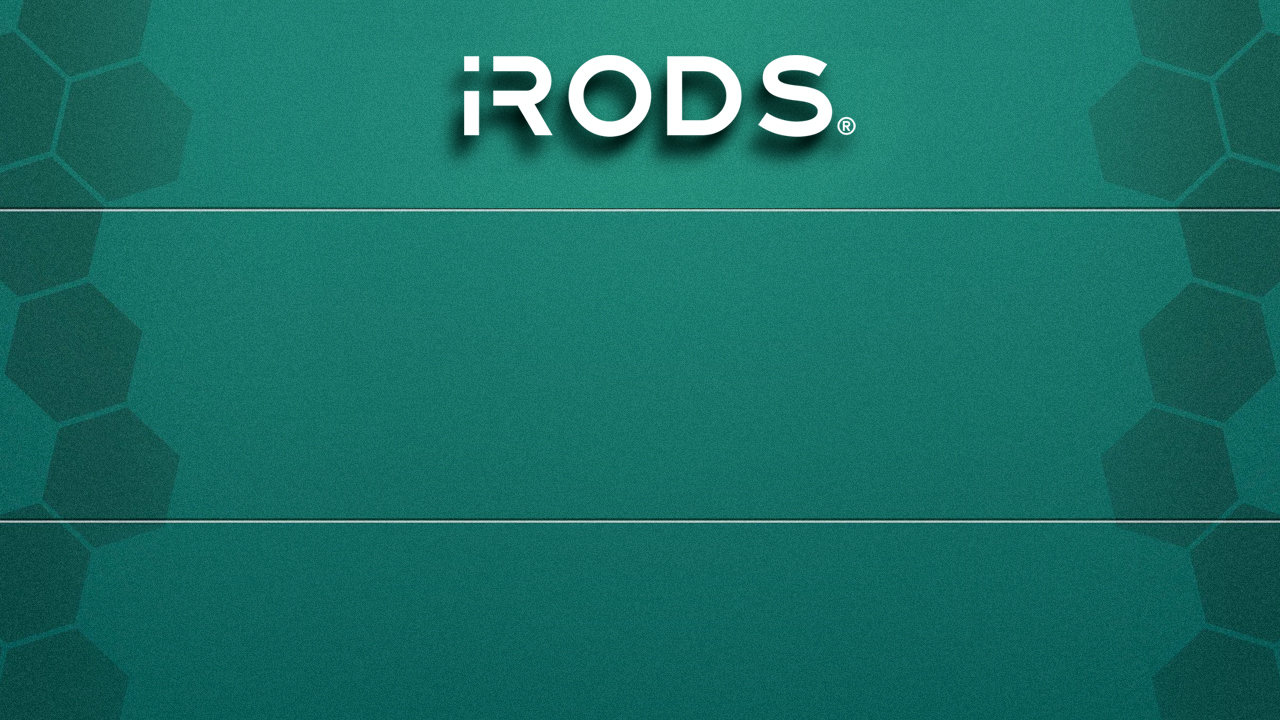
Towards iRODS 5.0
November 17-22, 2024
Supercomputing 2024
Atlanta, GA
Kory Draughn
Chief Technologist
iRODS Consortium
Overview
- iRODS 4
- What's available today
- iRODS 5
- Goals
- Current status
- Remaining work
- What interesting things does this enable?

iRODS 4 - What's available today
- Open source licensed (BSD-3)
- Stable, reliable, and well-maintained
- Keeps infrastructure flexible
- Community-backed
- Used by research, commercial, and governmental organizations worldwide

iRODS 4.3.3 is available now.
iRODS 4 - What's available today (cont.)
- Abstracts storage technologies to keep infrastructure flexible
- disk, object storage, tape, etc
- Fully scriptable environment
- Enforce policy using the iRODS Rule Language or Python
- Generate, extract, and manipulate metadata
- Orchestrate systems
- Plugin architecture
- Library support for the most popular programming languages
- C, C++, Python, Java, Go
- Presents as other protocols to meet users where they are
- HTTP, S3, WebDAV, Fuse, K8s CSI, NFS
- Packaged solutions to common challenges
- Storage Tiering, Indexing, Ingest, etc

iRODS 5 - Goals
- Make the server cloud-friendly
- Redesign the startup and shutdown process
- Improve management and flexibility of hostnames
- Make it easier to extend the server's capabilities

iRODS 5 - Current Status
- Server uses a simplified process model
-
SIGTERMfor fast shutdown,SIGQUITfor graceful shutdown -
SIGHUPfor reloading configuration- Automatic reloading of configuration has been removed
- Supports systemd
-
- Startup and shutdown are faster and more deterministic
- Separated catalog/configuration upgrades from server startup
- Removed the Control Plane
- Server no longer listens on port 1248
- Multiple instances of the iRODS server can be run on a single computer
- Server no longer depends on Python

iRODS 5 - Remaining Work
- Simplify hostname management
- Hostname information is stored in the catalog
- Mapping => (key=
node1, host=n1.company.org, ...)- Key can be mapped to many hosts to serve different purposes
- Mappings are fetched on server startup
- Mappings can be refreshed through a reload (i.e.
SIGHUP)
- Mapping => (key=
- Server uses unique key in place of actual hostname
- Allows admin to provision servers without concrete hostnames
- Key is used to retrieve real hostname
- Remove need for
host_resolutionstanza
- Hostname information is stored in the catalog

iRODS 5 - What interesting things does this enable?
- Control of plugin-managed external processes
- Addition of new server child processes
- Sweepers
- Stats/Metrics gathering/reporting
- Kubernetes ready
- Local clients can connect via Unix Domain Socket
- Improve performance by removing TCP/IP layer
- HTTP API, S3 API, NFSRODS, etc
- Improve performance by removing TCP/IP layer

Thank you!


SC24 - Towards iRODS 5.0
By iRODS Consortium
SC24 - Towards iRODS 5.0
- 461

